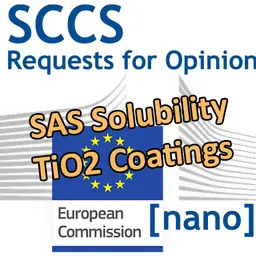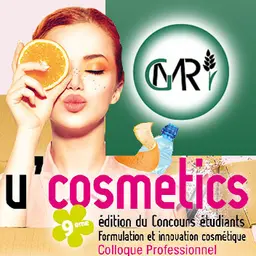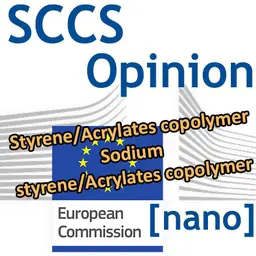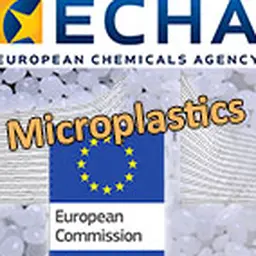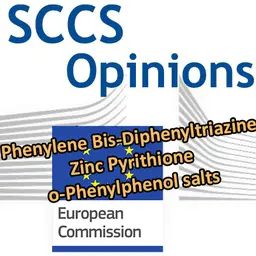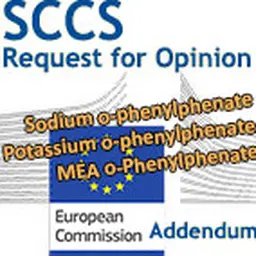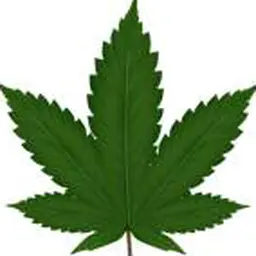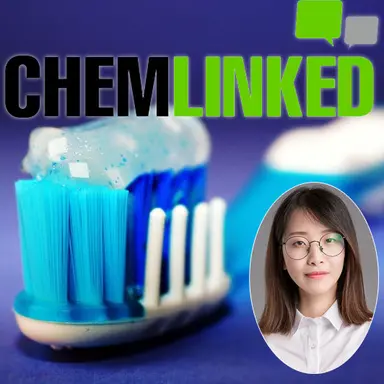
In China, cosmetic rinse-off products will be subject to a manufacturing ban starting on 31 December 2020 and a sales ban effective on 31 December 2020. A consultation launched on 10 April clarifies the product categories involved. Update with Winnie Xu, Regulatory Analyst for Chemlinked.
On April 10, China National Development and Reform Commission (NDRC) issued a Catalogue of Plastic Products Prohibited or Restricted from Production, Sale, and Use (Draft) for public consultation, further specifying the specifics of China’s pending microbead ban.
As per the draft, “daily chemical products containing plastic microbeads” shall refer to “rinse-off cosmetics, toothpaste, and toothpowder with intentionally-added solid plastic particles that are less than 5 mm millimeters in size and are used for scrubbing, exfoliating, cleansing, etc.” The “rinse-off cosmetics” include shower gel, cleanser, hand sanitizer, soap, shaving foam, scrub, shampoo, hair conditioner, and cleansing water/oil.
Chronology of China’s microbead ban
On October 30, 2019, China NDRC released a Catalogue of Guidance on Industry Structure Adjustment (2019 Version). On January 19, 2020, NDRC and the Chinese Ministry of Ecology and Environment (MEE) jointly published the “Opinions on Further Strengthening the Cleanup of Plastic Pollution,” laying out a plan to ban the manufacture of daily chemical products containing plastic microbeads by the end of 2020 and ban the sale of such products by the end of 2022.
The new rule has garnered widespread attention in the cosmetics industry, particularly for makeup segments. However, the finer points of the microbeads ban remain …

